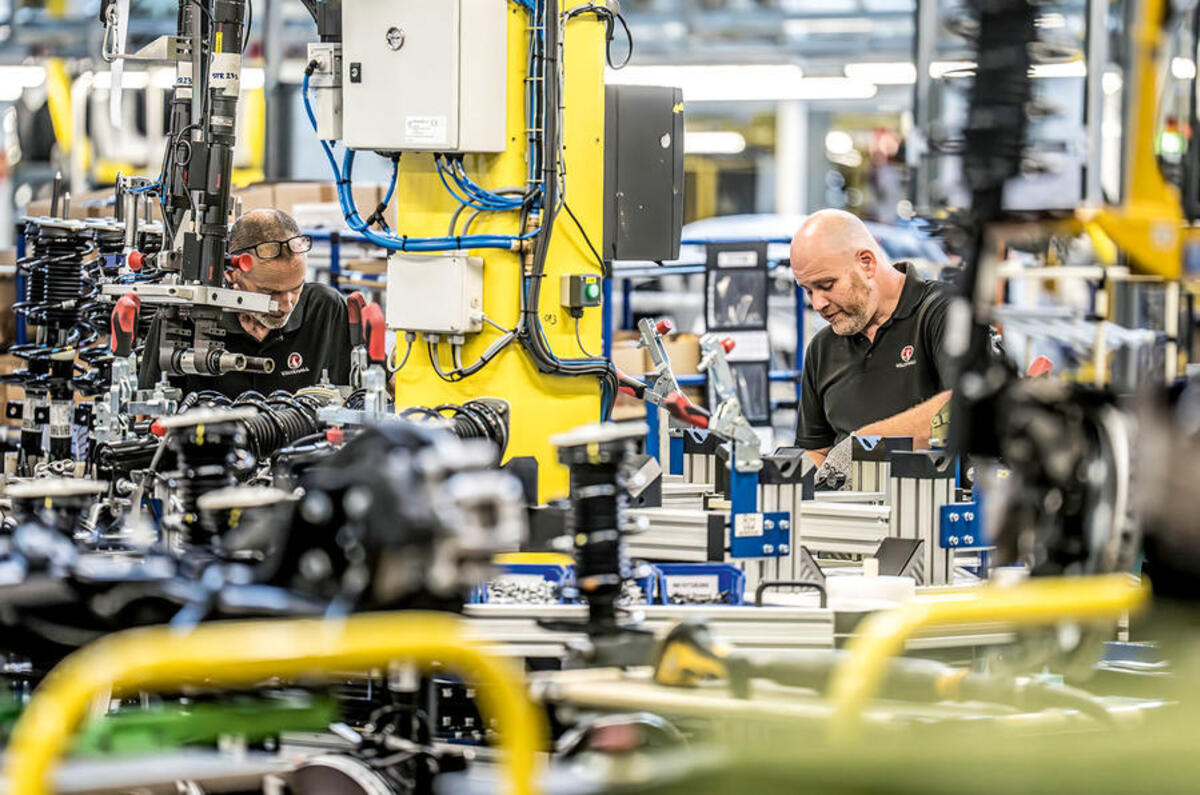UK vehicle production in 2023 hit one million units for the first time since pre-Covid 2019, with multibillion-pound EV investment from major car makers pushing the UK “back in the game”, the Society of Motor Manufacturers and Traders (SMMT) said today.
SMMT chief Mike Hawes called the 1,025,474 total (905,117 cars, 120,357 commercial vehicles; up 17% year on year) a “surprise”, especially given the supply chain difficulties that hampered car makers in 2023. Shipping issues in the Red Sea, caused by Houthi militia ship attacks, are expected to bring more problems to the fore soon, he added.




Add your comment